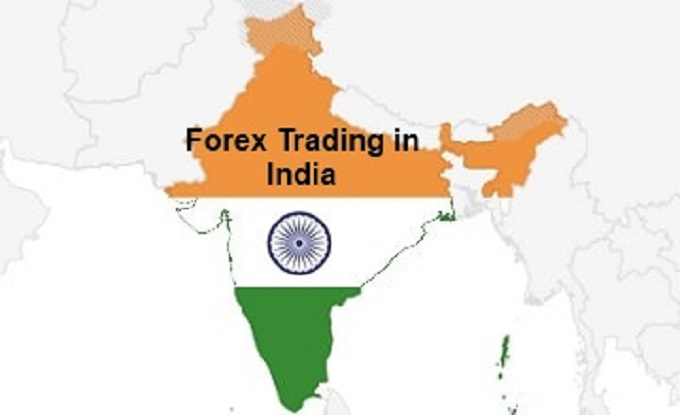Is Forex trading legal in India?

Yes, Forex trading is legal in India. However, there are very strict rules which brokers and traders should adhere to.
Who regulates forex trading in India?
The top forex regulatory authority in India is the Reserve Bank of India (RBI). It is guided by the regulations captured in the Foreign Exchange Management Act, 1999 (“FEMA”).
The RBI simply regulates the laws and also passing key approvals.
The rules under the FEMA Act apply to all citizens of India either living in India or outside India as wells as any foreign nationals or entities operating in India. Therefore, if a forex broker is not based in India and wants to offer services to Indians, they have to comply with the rules set in the FEMA. The FEMA Act regulates every foreign exchange trade and payments and it has direct implications on them.
What are the rules of trading forex in India?
Forex trading is restricted to those currency pairs that have the Indian Rupee (INR). Therefore, for any Indian national/citizen to trade Forex, they should only trade those pairs that have the INR or cross-currency futures contracts allowed by the RBI.
The traders should trade through Indian brokerage firms that provide access to Indian exchanges like BSE, NSE, and MCX-SX.
Examples of INR currency pairs include:
- EURINR
- GBPINR
- JPYINR
- USDINR
Cross-currency futures contracts allowed by the RBI include:
- EURUSD
- GBPUSD
- USDJPY
Trading other pairs that do not have the INR is considered illegal according to the FEMA Act.
The broker is however required to deposit funds in US dollars.
Why does India have such strict rules for forex trading?
Forex market is largely decentralized and some countries like India view this as a threat to their sovereignty. Some years ago, the forex trading rules in India used to be tougher than they are today. The RBI has been easing the rules step by step and hopefully, in future, they will be more eased than they are today.
According to the RBI, the set rules are set to keep the forex reserves in the country as they are. They argue that trading non INR currency pairs with non-Indian brokers mean that traders would be buying more of the foreign currencies and thus affect the foreign currency reserve.

